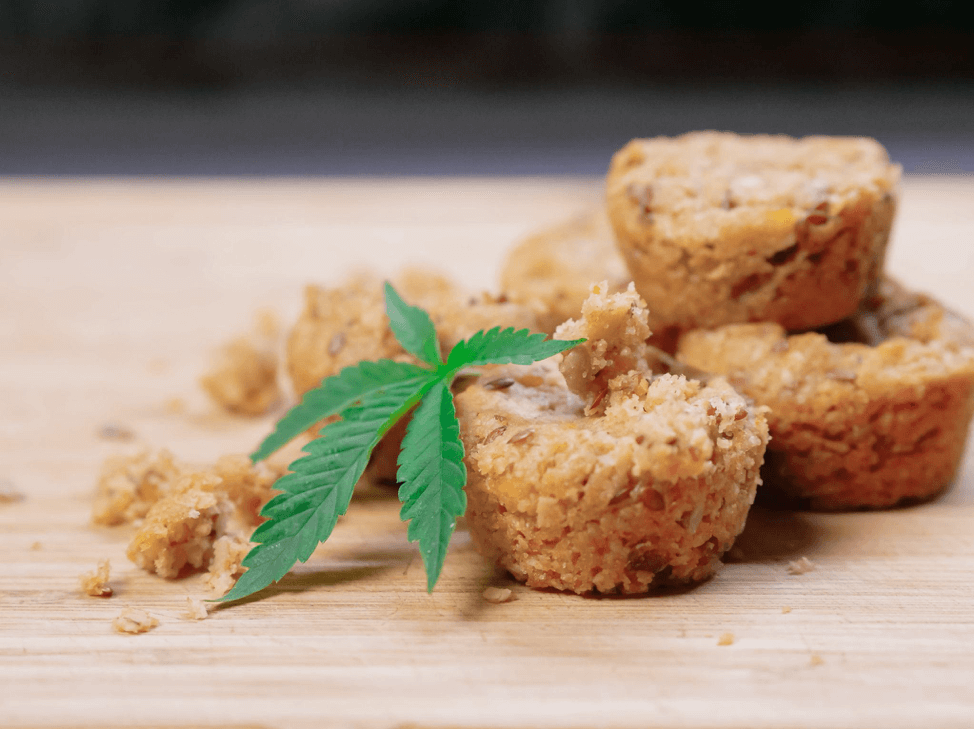If you’ve ever had to undergo a drug screening for employment or any other reason, you might have wondered about the impact of your meals on the test results. There are rumours and myths circulating about certain foods causing false positives in drug tests, leading to confusion and concern among many individuals. In this article, we’ll separate fact from fiction and explore the foods you should be cautious about consuming before a drug screening.

Foods That Can Cause False Positives
While drug test kits are designed to detect the presence of drugs, certain foods can also contain chemicals and metabolites that lead to false positives. It’s important to be aware of these potential interactions to ensure the accuracy of drug tests.
Caffeine
Products containing caffeine can sometimes trigger false positives for drugs in the bloodstream. Surprisingly, it’s not limited to a specific drug; any drug test may be affected. Therefore, it’s advisable to avoid consuming coffee (both instant and regular), chocolate (except white chocolate), cocoa, energy drinks, soda, and tea before undergoing drug testing. Some sweets also contain cognac, which can lead to false positives due to the presence of caffeine and pure alcohol.
Poppy Seeds
The rumours about poppy seeds causing false positives are indeed true. Opium, which is derived from the same plant as poppy seeds, can trigger a positive result. Even a small residue of poppy seeds from your morning bagel can lead to a false positive, so it’s best to avoid them before a drug test.
Pizza
Yeast in pizza dough causes it to rise, but it also ferments sugar into alcohol. This fermentation process can lead to false positives for THC, even if the alcohol content is minimal. To be safe, avoid pizza a couple of days before your drug test.
Hemp Seeds
Snack bars, granola, and other products containing hemp seeds can trigger false positives. Hemp and marijuana come from the same plant, and drug tests cannot differentiate between them, potentially leading to inaccurate results.
Tonic Water
Tonic water might seem harmless, but its quinine content can affect drug test results. Whether consumed alone or as a mixer in a drink, tonic water can lead to false positives.
Durian
A unique and divisive fruit found in Asian countries, durian can also cause false positives due to the “mouth alcohol” that lingers after consuming it.
Foods That Cause Alcohol Content in the Blood
It may come as a surprise, but certain foods and beverages have the potential to produce alcohol-like substances in the body, leading to false positives on alcohol tests.
Dairy Products
Dairy products are known for their beneficial properties, but they can also contribute to the production of alcohol-like substances in the body. This occurs through the well-known fermentation process, wherein certain bacteria break down sugars in dairy, producing trace amounts of alcohol.
Fruit Juice
Even if freshly squeezed and seemingly harmless, fruit juice can “show” alcohol content on a test. This peculiar effect is caused by ordinary dust particles that contain yeast. When fruit juice is left open for a short time, the yeast triggers a fermentation process, leading to the formation of alcohol in the juice. Although the juice may not have gone bad, the presence of this natural fermentation can be detected in alcohol tests.
Oranges, Bananas, and Bread
Oranges and bananas, commonly considered healthy fruits, contain natural sugars that can lead to the formation of alcohol in the body through biochemical reactions. Similarly, bread, primarily composed of carbohydrates, can undergo fermentation due to yeast present in its composition. The combination of sugars and yeast creates conditions for the production of minute amounts of alcohol in the body, which might be detected during alcohol testing.
Cigarettes
Smoking a single cigarette can surprisingly “show” traces of alcohol. While cigarettes themselves don’t contain alcohol, they can generate a false positive on certain alcohol tests due to the presence of a compound called acetaldehyde. The body produces acetaldehyde when it metabolises alcohol, and it can also be found in cigarette smoke, potentially confusing alcohol testing.
Thoughts on Alcohol
Believe it or not, the mere thoughts and mental states of an individual can influence the production of alcohol within the body. These are referred to as “thought alcohol” or “endogenous alcohol.” Positive or negative emotions, relaxation, and intense focus can lead to increased levels of endogenous alcohol. While this alcohol is produced in minimal quantities, it can still be detected by sensitive testing kits, leading to unexpected results.
Other Factors That May Affect a Drug Test
Apart from foods, several medications and hygiene products can also lead to false positive test results:
- Secondhand marijuana smoke: Being around someone who smokes marijuana might result in traces of THC in your urine, but the levels are usually too low to cause positive results in standard drug screens.
- Weight loss pills: Some medications used to curb appetite can raise red flags in drug tests as they are chemically similar to amphetamines.
- Mouthwash and oral sprays: Some liquid medications, vanilla extract, breath-cleaning products, and hand sanitisers contain ethanol, which can be detected in drug tests and lead to false positives for alcohol consumption.
- Antidepressants and antibiotics: Certain antidepressants and antibiotics might cause inaccuracies in drug test results, particularly if the screening is not specific enough to differentiate them from other drugs.
- Antihistamines: Some over-the-counter allergy and sleep medications can show up as other substances on drug screens, potentially leading to false positives.
- CBDs: Hemp products such as oils, medicines, and creams contain cannabinoids, which remain in the body for a long time and can be detected by some THC tests.
Conclusion
It’s essential to be aware that certain foods and circumstances can potentially cause false positives on alcohol and drug tests. When undergoing such testing, it’s crucial to inform the authorities of any recent dietary choices or lifestyle factors that might impact the results. Understanding these interactions can help ensure more accurate and reliable drug testing and prevent unnecessary misunderstandings or legal complications.
If you receive a positive result and believe it’s inaccurate, consider requesting a second test under the supervision of a healthcare professional. Ultimately, drug tests can only be interpreted by authorised individuals, such as physicians, physician assistants, and nurse practitioners. Taking into account your statements and medical history, they will recheck results accurately.



